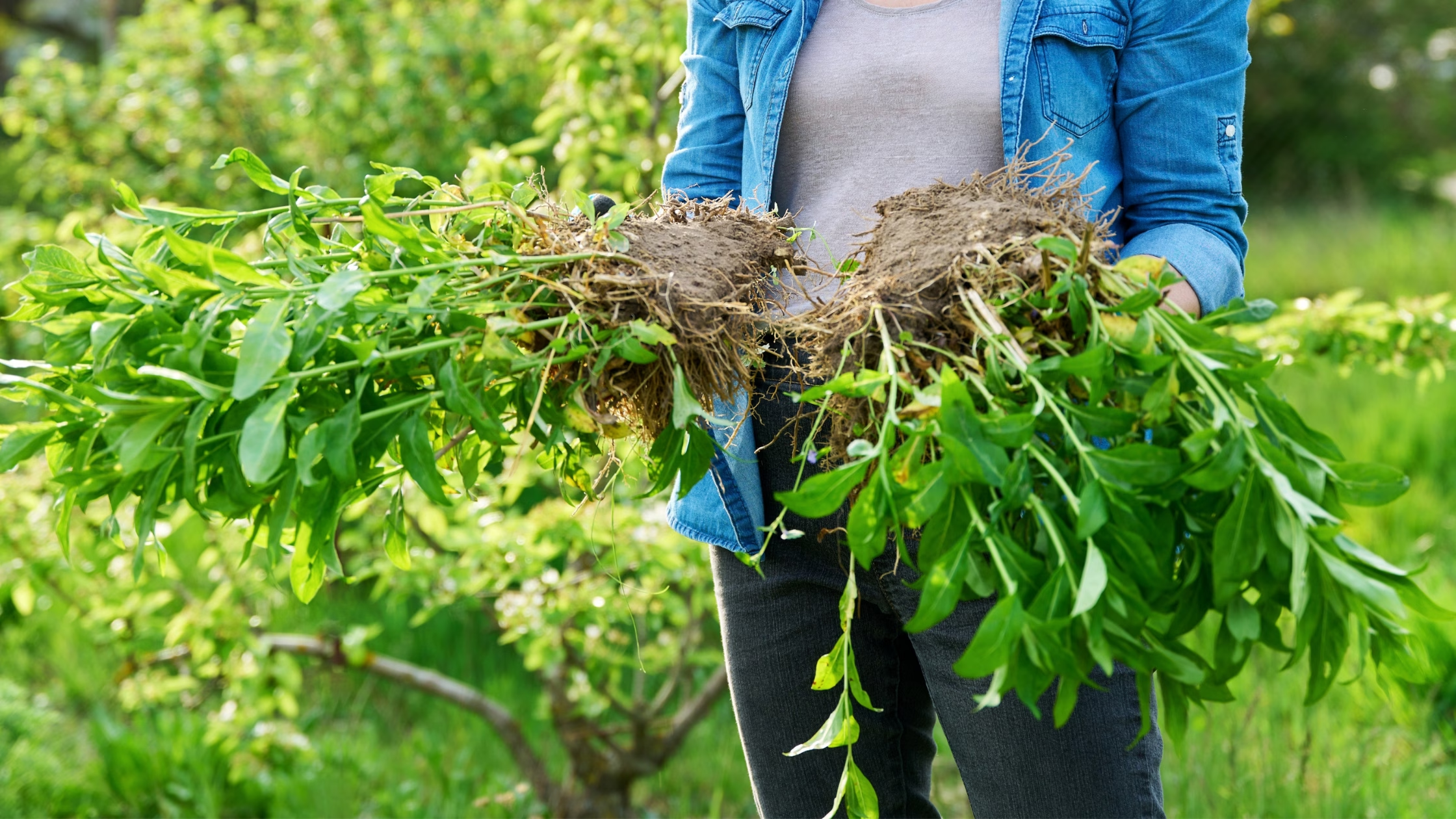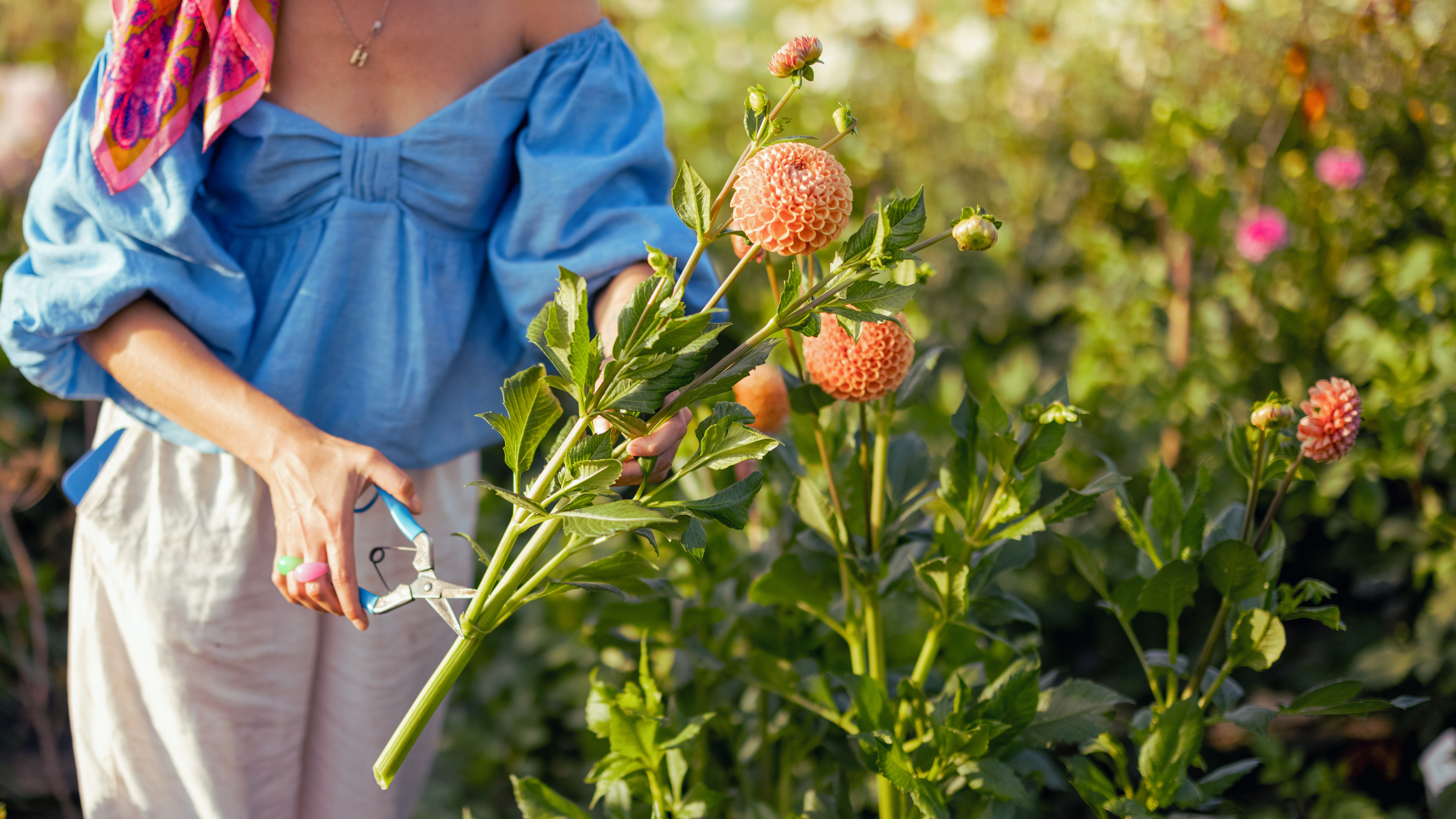Every gardener dreams of a lush, thriving garden, but expanding your plant collection can get expensive. That’s where plant propagation comes in—a cost-effective and rewarding way to grow your garden by multiplying the plants you already have. Whether you’re a novice or a seasoned green thumb, propagation techniques are invaluable skills that can save you money, allow you to share plants with friends, and even preserve heirloom varieties. This guide explores simple techniques like seed collection, cuttings, division, and layering, offering step-by-step instructions to help you propagate plants with confidence.
4 Easy Plant Propagation Techniques:
1. Seed Collection
Seed collection is the simplest and most traditional way to propagate plants. Once your flowers or vegetables bloom, collect seeds from dried pods or fruit and store them in a cool, dry place until you’re ready to plant.
Steps:
- Wait for seeds to mature on the plant.
- Remove and clean them of any pulp or debris.
- Store seeds in labeled envelopes or jars.
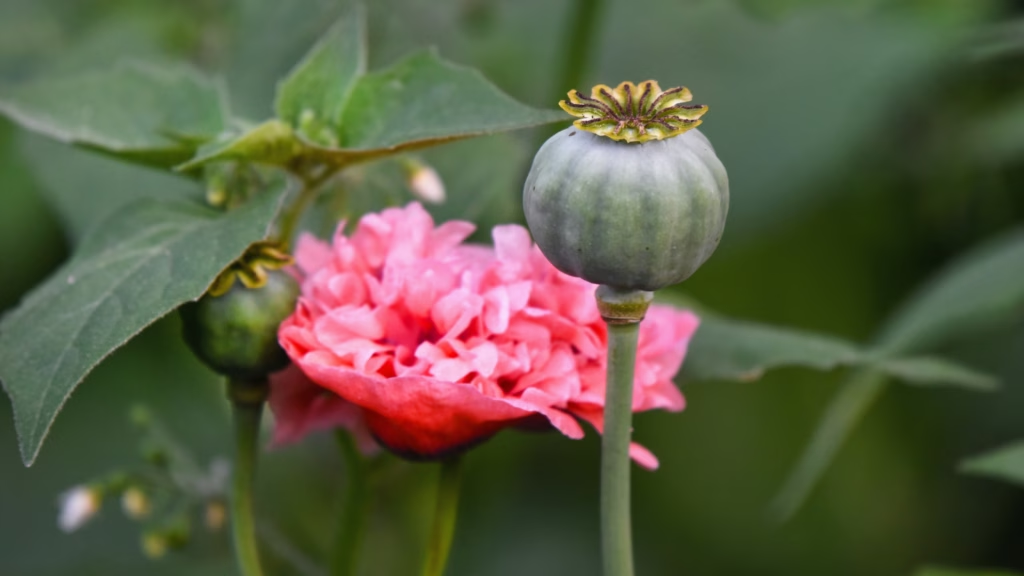
Amazon Recommendation:
- 70 Slots Seed Storage Organizer, Garden Seeds Saver kit Seed Organizer – Keep your seeds organized and viable for future planting.
2. Propagation by Cuttings
Cuttings involve snipping a piece of a plant and encouraging it to grow roots. This method works well for plants like pothos, lavender, and hydrangeas.
Steps:
- Choose a healthy stem and cut a 4–6-inch piece just below a node.
- Dip the cut end in rooting hormone.
- Place the cutting in water or moist soil and keep it in indirect light.
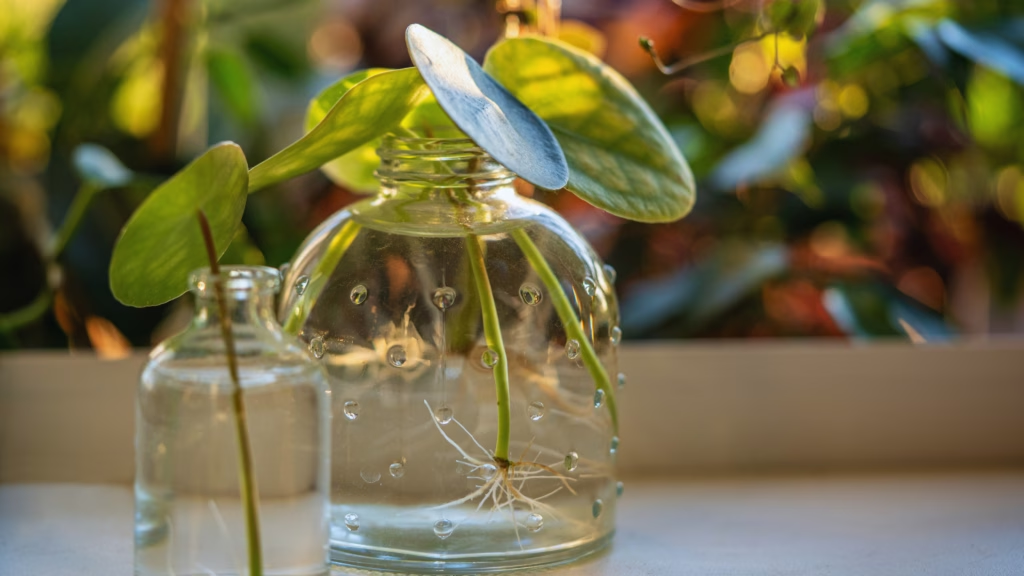
Amazon’s Choice:
- Bonide Bontone II Rooting Powder, 1.25 oz Ready-to-Use Dust for Houseplants and Transplants – Boost root growth and ensure successful propagation.
3. Division
Division is perfect for perennial plants like hostas, daylilies, and ornamental grasses. It involves splitting a mature plant into smaller sections, each with its own root system.
Steps:
- Dig up the plant and gently separate its roots into sections.
- Replant the divisions in well-prepared soil.
- Water thoroughly to help them establish.
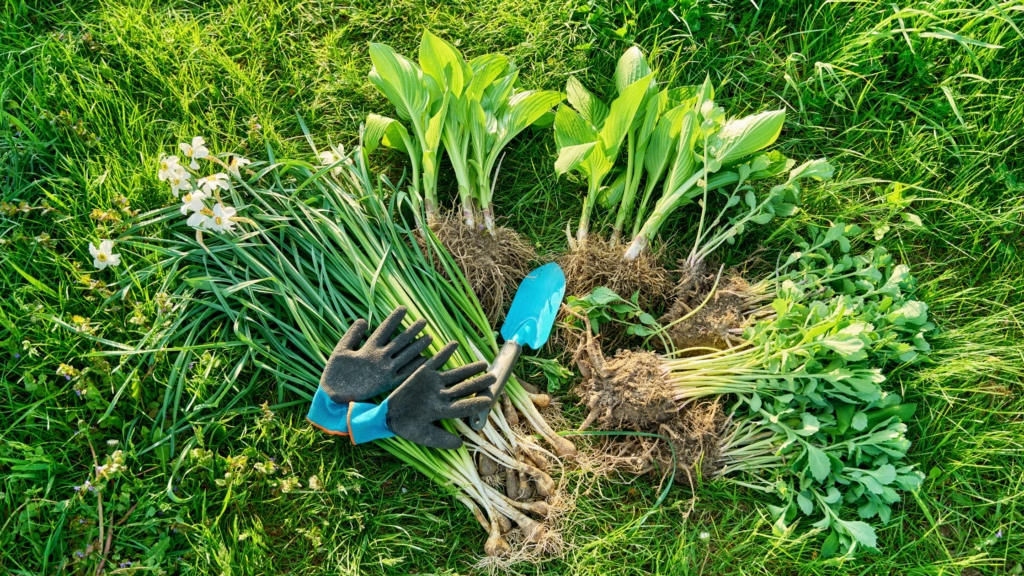
Amazon Recommendation:
- GROWIT Heavy Duty Gardening Tools – Essential tools for dividing and replanting perennials with ease.
4. Layering
Layering is a technique where a stem is bent to the ground and encouraged to root while still attached to the parent plant. It works well for shrubs like rhododendrons and blackberries.
Steps:
- Select a low-growing branch and bend it to the ground.
- Bury a section of the stem in soil, leaving the tip exposed.
- Secure the buried section with a U-shaped pin or stone.
- Once roots form, cut the new plant from the parent and transplant it.
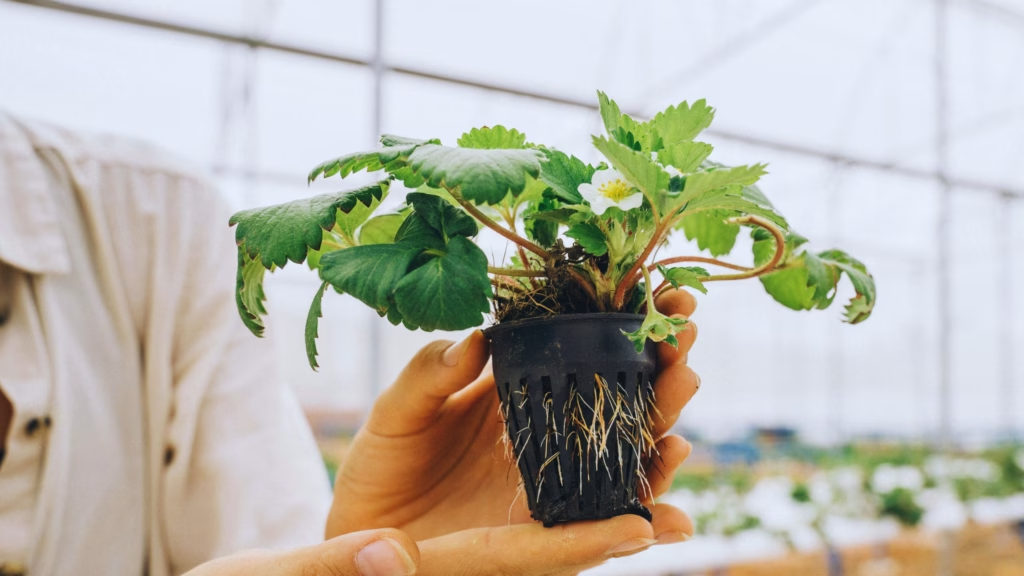
Amazon’s Choice:
- 50Pcs Garden Stakes Staples + 50Pcs Gasket – Secure branches in place for successful layering.
Plant propagation is an empowering way to expand your garden while saving money and connecting with nature. By mastering techniques like seed collection, cuttings, division, and layering, you can enjoy the satisfaction of creating new plants from your existing ones. Not only does this practice promote sustainability, but it also enhances your gardening skills and allows you to share the joy of plants with others.
Ready to start propagating? Gather your tools, choose your method, and watch your garden flourish!
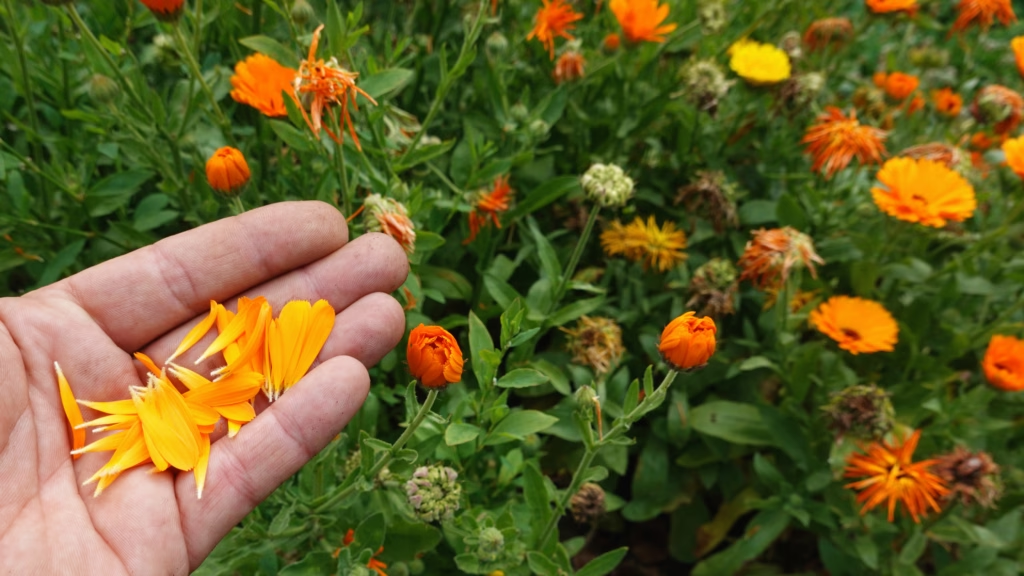
Disclaimer: As an Amazon Associate, we earn from qualifying purchases. This helps support the blog at no extra cost to you!
Related Article: Prepare Your Potted Plants To Move Indoors for Winter
Sources:
- The Spruce: “Plant Propagation Techniques for Beginners”
- Gardening Know How: “How to Multiply Your Favorite Plants”
- Better Homes & Gardens: “Step-by-Step Plant Propagation Guide”
